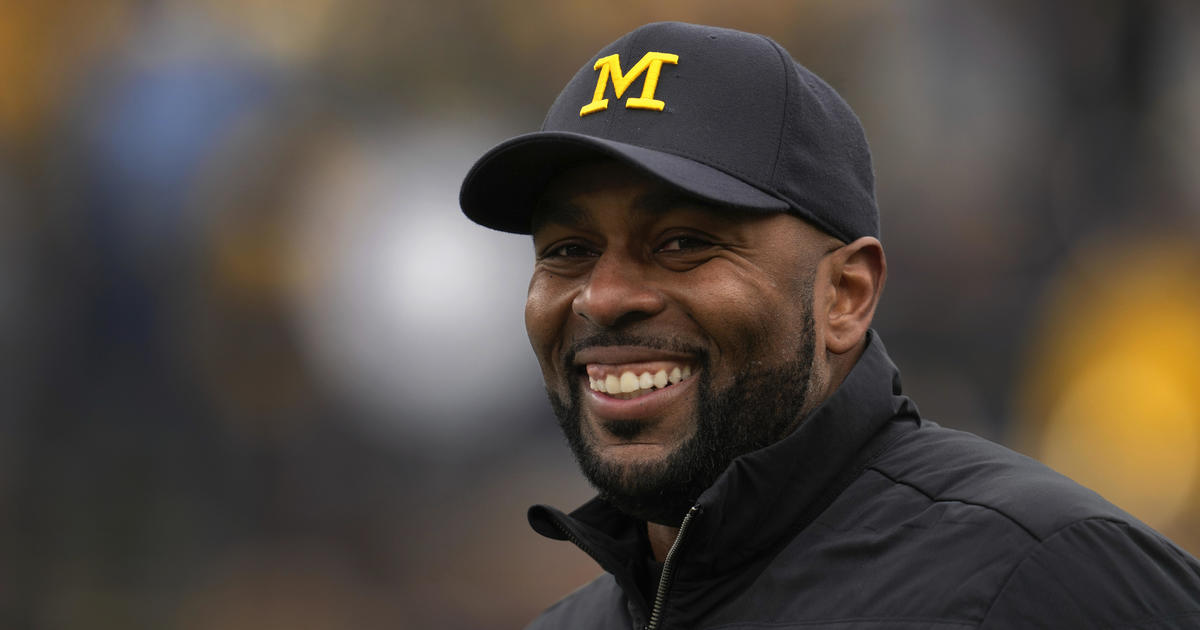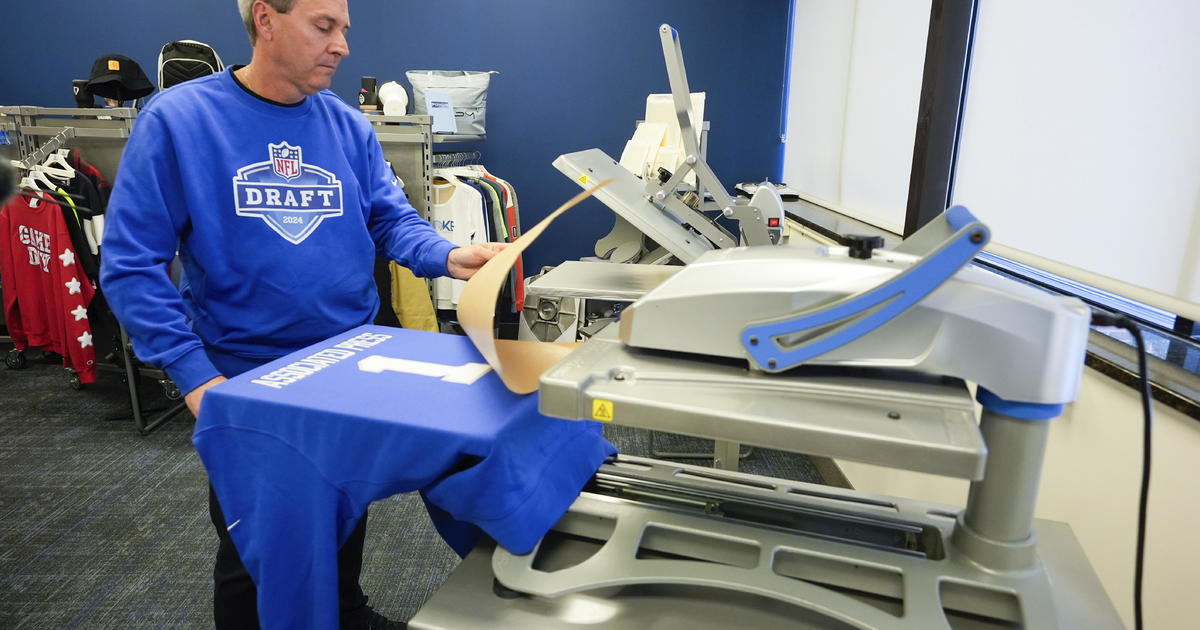The Flaw In Blashill's Defense Of The Wings
By Will Burchfield
Twitter @burchie_kid
In terms of a bare-bones result, the scuffling Red Wings hit rock bottom on Tuesday night with a 4-1 loss to the lowly Coyotes.
Coach Jeff Blashill defended his team's performance afterward.
"If you look at the game in totality, we had tons of opportunities. Did we play down to our competition? I don't think so," Blashill said. "I think in the end, we had tons of opportunities."
At first glance, that's fair. The Wings crushed the Coyotes in both five-on-five shot attempts (53-27) and five-on-five scoring chances (33-13), per NaturalStatTrick.com. One could look at those numbers and reasonably assume Detroit controlled play from start to finish.
Except that wasn't the case.
The bulk of the Wings' domination - indeed, nearly all of it - came in the third period, when they were already trailing 3-1. The players might attribute that to an increased sense of "urgency," but it was more plainly a result of the Coyotes adopting a defensive posture.
With their opponent content to sit back over the final 20 minutes, the Wings out-attempted the Coyotes 27-5 and out-chanced them 15-4 during five-on-five play. It wasn't that the Wings magically pulled themselves off the mat; it was that Phoenix extended them a hand.
"We're going to go through the (stats) and we're going to see we had tons and tons and tons of chances," Blashill said. "Early in the game with Riley Sheahan - I think that was his first shift or second shift of the game. We had chances in the second, we had chances in the third. That's what we're going to see on tape, that's an absolute fact."
Again, Blashill isn't entirely wrong. But his rationale feels misguided. He's citing the Wings' advantage in scoring chances as if it wasn't heavily skewed by context, as if it was indicative of play from start to finish. In reality, it merely tells the story of the final 20 minutes. The first 40 were much more even.
Niklas Kronwall touched on this when asked what led to the Wings' poor performance.
"I thought it was a little bit of everything, to be honest with you. Maybe not so much in the third, but I mean, they're up 3-1. We're chasing and obviously they're going to sit back a little bit," Kronwall said.
"Sure, we had some decent looks, there's no doubt about it. But again, they came in the third period when the (other team) was up 3-1," he added later. "The urgency we had in the third, that's gotta come from the start."
The Wings gave up a goal just two minutes into the game and didn't register a shot on net until the 14:27 mark of the first period. It would be easy to blame this start on a sense of sluggishness, a lack of desperation, on the Coyotes simply wanting it more. One would hope that was the problem, given the alternative.
But Blashill shot that notion down.
"I'm in the locker room. I think there was a sense of urgency to start the game, I don't think there wasn't a sense of urgency," he said. "It looked to me like a team that was a little bit tight, to be dead honest with you.
"I've had moments of teams, this team, where maybe it didn't show up and I had to come in here and really give it to 'em. I didn't give it to 'em at all. For whatever reason, we were a little bit tight. For whatever reason, everything we did seemed to not work."
That's discrediting the Coyotes. That's ignoring the fact that the Wings were outplayed in the first period by a team that had dropped a 7-0 road decision the night prior.
There's a difference between effort and execution. The Wings were bested in the latter department - not the former - in the game's early stages. Think about the implication therein, especially in consideration of the opponent.
"I don't think they played great hockey in the first," said Henrik Zetterberg, "but that just shows how bad we were."
Blashill bore the burden of the loss, while reiterating it wasn't due to a lack of energy.
"Ultimately the performance of this team is my responsibility, 100 percent. So I accept tons of responsibility for that," he said. "Again, when I think our guys aren't ready to play, I get on 'em. When I think our effort level isn't there, I get on 'em. We had a hard time putting passes together early, I don't know the reason why."
Perhaps because, unlike later on, the Coyotes weren't letting them - especially when the Wings were exiting their own zone.
The simple fact is this: when the score was close, the game was pretty much even. To say the Wings "turned it on" late and dialed up the pressure is to ignore the fact that the Coyotes dialed it down.
Blashill is wont to measure his team's performance by scoring chances. That's fine - useful, even - so long as context is considered in conjunction. But in a vacuum, such statistics can lead to dangerously comfortable conclusions.
"We came out tonight and the chances will say we should've won - we didn't," Blashill said after Tuesday night's defeat.
Did the chances say that, though? Or did they say that the Coyotes scaled back their forecheck and defended in a shell in the third period, causing the numbers to swing wildly in the Wings' favor? It's a key distinction, one that separates a strong showing from a favorable circumstance.
If Blashill truly believes the Wings were on the right side of that line, he's hanging his hat on an awfully flimsy hook. Worse, he's guiding the Wings onto thinner and thiner ice.



